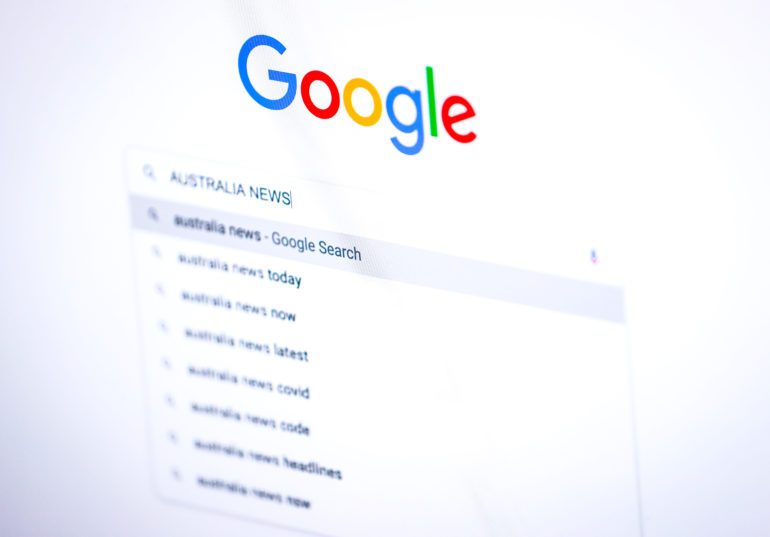Australia has passed a new law that will require digital platforms like Facebook and Google to pay local media outlets and publishers to link their content on news feeds or in search results.
The move was widely expected and comes days after the government introduced some last-minute amendments to the proposed bill, known officially as the News Media and Digital Platforms Mandatory Bargaining Code.
“The Code will ensure that news media businesses are fairly remunerated for the content they generate, helping to sustain public interest journalism in Australia,” Treasurer Josh Frydenberg and Communications Minister Paul Fletcher said in a joint statement.
They added that the government was “pleased to see progress by both Google and more recently Facebook in reaching commercial arrangements with Australian news media businesses.”
The law will be reviewed by the Treasury within one year of its commencement, the officials said.
What did Facebook and Google do?
Both Facebook and Google have fought against the law since last year.
Essentially, Australia will become the first country where a government-appointed arbitrator can decide on the final price that either platform will have to pay Australian news publishers, provided a commercial deal cannot be reached independently.
The decision will come by a ruling in favor of either party — the digital platform or the publisher — with no room for a middle-ground agreement, according to experts.
In this week’s amendments, the government said the parties involved will get a two-month mediation period to broker deals before they are made to enter arbitration as a last resort.
Facebook announced Monday it will restore news pages in Australia, reversing an earlier decision to block access to news content on in Australia in retaliation against the then proposed bill.
Facebook’s vice president for global news partnerships, Campbell Brown, said Tuesday the Australian government clarified that the tech company will retain the ability to decide if news appears on its platform so that it won’t automatically be subject to a forced negotiation.
Google initially threatened to pull its search function from Australia. In recent weeks, however, it struck a number of prominent commercial agreements with Australian publishers, including the Murdoch family-owned media conglomerate NewsCorp.
Claiming victory
Before the law passed Parliament, both Australia’s competition watchdog and Facebook described this week’s moves as a victory.
Former U.K. Deputy Prime Minister Nick Clegg, who is now the vice president for global affairs at the social network, explained Facebook’s decision to restrict and then restore news in Australia in a lengthy blog post.
The final tweaks made to the bill was a face-saving exercise for both sides, but mainly for Facebook, according to Johan Lidberg, an associate professor of journalism at Australia’s Monash University.
“Having said that: the final call to apply the code or not rests with Josh Frydenberg, the Treasurer, not (Facebook),” Lidberg told CNBC by email. He explained that while Facebook could decide to drop the News Feed from Australia again in the future, it would reflect badly on the company’s brand.
“The mandatory arbitration clause is still there. Had it been dropped, the code would have become a paper tiger,” Lidberg said, adding that neither Facebook nor Google would have come to the bargaining table in good faith without the code in the background.
“The main game now is to keep very close tabs on how the deals are being made with media companies,” he said. “If the deals stay with the major four and local and regional media outlets are ignored, Frydenberg has the option to invoke the code and mandatory arbitration. This is what governments should do when market forces are as skewed as they are in this case.”
Microsoft President Brad Smith weighed in on Australia’s decision, calling the new law “a big step forward.” He said in a tweet that it would “ensure publishers and journalists get paid a fairer share for their work.”
Microsoft publicly backed the media code this month after Google initially threatened to pull its Search function from the country. The company’s Bing search engine holds just 3.6% of market share in Australia, a fraction of Google’s 94.5% share, according to web analytics firm StatCounter.
Australia’s new law could set a precedent for how other countries regulate Big Tech. Countries like France have undertaken some measures to make the tech firms pay for news, while others like Canada and the U.K. are considering their next steps.



